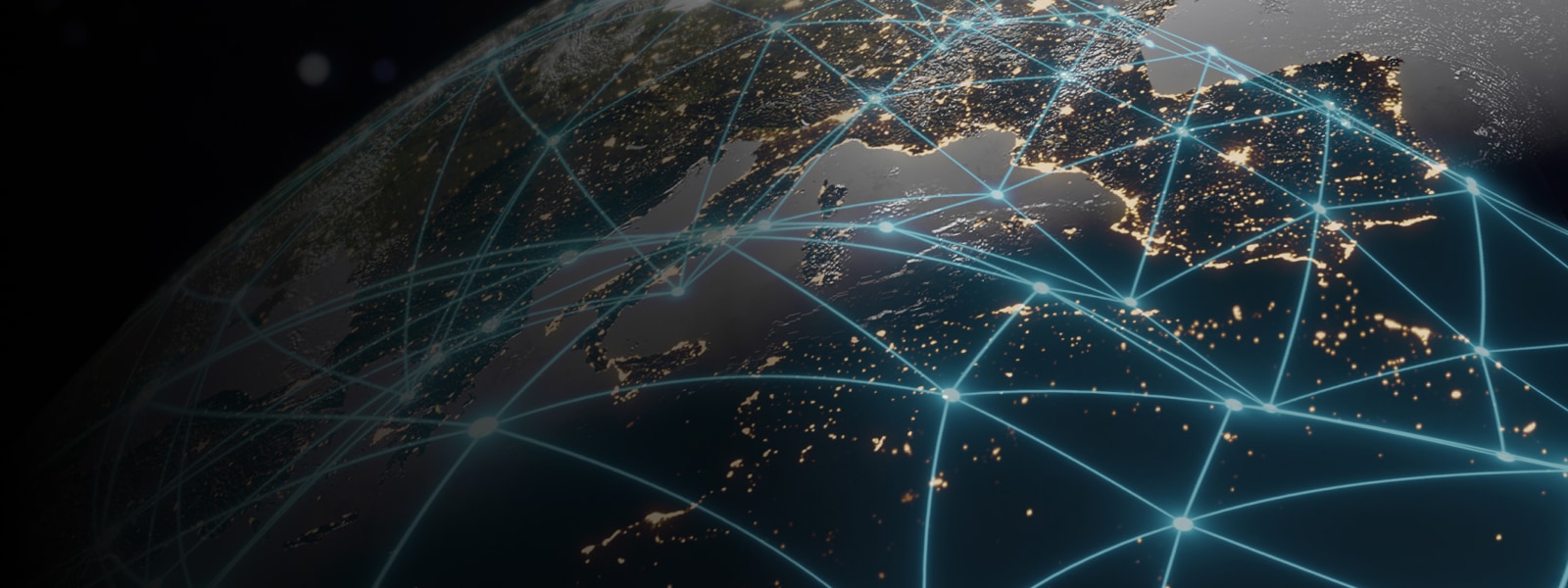Our approach
We believe everyone can benefit from opening, sharing, and collaborating around data to make better decisions, improve efficiency, and help tackle some of the world’s most pressing societal challenges.
Set data collaboration principles
We adopted five principles to guide our participation in data collaborations: open; usable; empowering; secure; and private. These principles underpin our participation, and we hope other organizations can build on them to share their data responsibly.
Engage partnerships and explore projects
We believe success will depend on building deep collaborations with others from industry, government, and civil society around the world. This includes work with leading organizations in the open data movement, such as the Open Data Institute and The GovLab at New York University.
Make data sharing easier
We're committed to investing in the essential assets that will make data sharing easier, including the necessary tools; frameworks; and templates. This is especially important when it comes to opening and collaborating around data to solve important societal issues.
Closing the data divide
Access to data is a big challenge. The benefits for organizations of all sizes and the broader community are significant if we can work together to make progress on open data.

Industry Data for Society Partnership
Working across industry to make private sector data more open and accessible for societal good.



BankNote-Net
Worldwide millions of people have low or no vision. BankNote-Net was created as an open dataset for assistive universal currency recognition to help with daily tasks such as currency recognition.

United States broadband usage dataset
Broadband internet access is critical to providing communities with education, employment, and telecare. The broadband usage percentages dataset shows broadband access at the US county-level to help address gaps in service availability.

MS-ASL American Sign Language (ASL) dataset
In the US, over 500,000 people use ASL for communication. This ASL dataset of over 25,000 annotated videos with sign and action recognition can help researchers build machine learning models to advance sign language recognition.

Tagged hands dataset
Development of a rich hand-gesture-based interface is currently a tedious process. This dataset of 3,500 labeled depth frames of various hand poses and 140 gesture clips helps enable easy development of a gesture-based interface.

Generative Neural Visual Artist (GeNeVA)
Intelligent systems can generate images and video for a range of applications, from education to accessibility. This dataset has sequences of images, associated instructions and linguistic feedback, and a modified version of the Compositional Language and Elementary Visual Reasoning (CLEVR) dataset.

Learning from analog pen use to improve digital ink experiences
To help researchers understand the gaps between analog versus digital pens and improve digital experiences, this dataset contains 493 entries of a diary study with 26 participants using analog pens and 178 entries from 30 participants using digital pens.

Microsoft Machine Reading Comprehension (MS MARCO)
AI and automated assistants need strong machine reading comprehension (MRC) and question answering (QA) capabilities to understand real-world dialog. This dataset contains 1,010,916 questions and 182,669 answers to improve QA and MRC.

Digital Civility Gender Equality Dataset
Microsoft recognizes the importance of advocating for and advancing the release of gender disaggregated data to realize gender equality and to close the data divide. This dataset can be leverage by researchers and organizations to advance better gender data policies and solutions.

Microsoft Nonprofit Innovation Hub
The Nonprofit Innovation Hub is an open-source GitHub repository with lightweight solutions that enable nonprofits to innovate.
Legal frameworks
Data sharing agreements can take months to draw up, oftentimes deterring organizations from sharing data at all. As a first step toward building better processes and tools, we're sharing a set of data agreements to govern the sharing of data, particularly in the context of training AI models.
CDLA Permissive 2.0
The Community Data License Agreement (CDLA) Permissive 2.0 is an open data agreement designed to make it easier to share and collaborate with open data.
C-UDA 1.0
The Computational Use of Data Agreement (C-UDA) 1.0 is intended for use with datasets that may include material not owned by the data provider, but where it may have been assembled lawfully from publicly accessible sources.
DUA-OAI
The Data Use Agreement for Open AI Model Development (DUA-OAI) provides terms to govern the sharing of data by an organization with another for the purpose of allowing that second organization to use the data to train an AI model, where the trained model is open sourced.
DUA-DC
The Data Use Agreement for Data Commons (DUA-DC) can be used by multiple parties who want to share data through a common, Application Programming Interface (API)-enabled database.
Capabilities
Learn more about the tools and practices we employ to enable more secure and streamlined access to data.
Differential privacy
Differential privacy introduces statistical noise–slight alterations–to mask datasets and protect the privacy of individuals.
Azure confidential computing
Confidential computing helps to protect sensitive data in the cloud by offering security through data-in-use encryption–additional protection for your data while it's being processed.
Azure Open Datasets
A curated collection of publicly available datasets that are ready to use in machine learning workflows and easy to access from Azure services.
Researcher tools
Explore a collection of datasets, code, and models from Microsoft Research for the broader academic community to advance state-of-the-art research across all disciplines.















